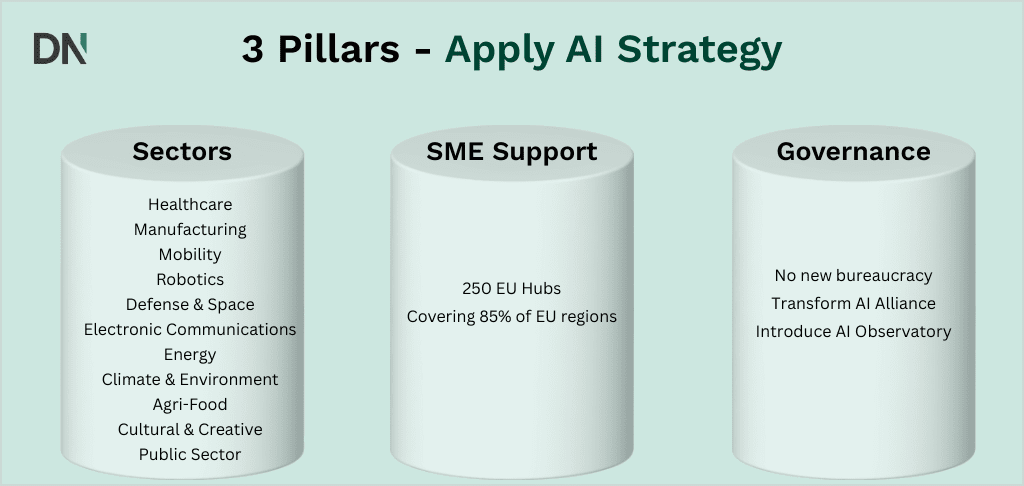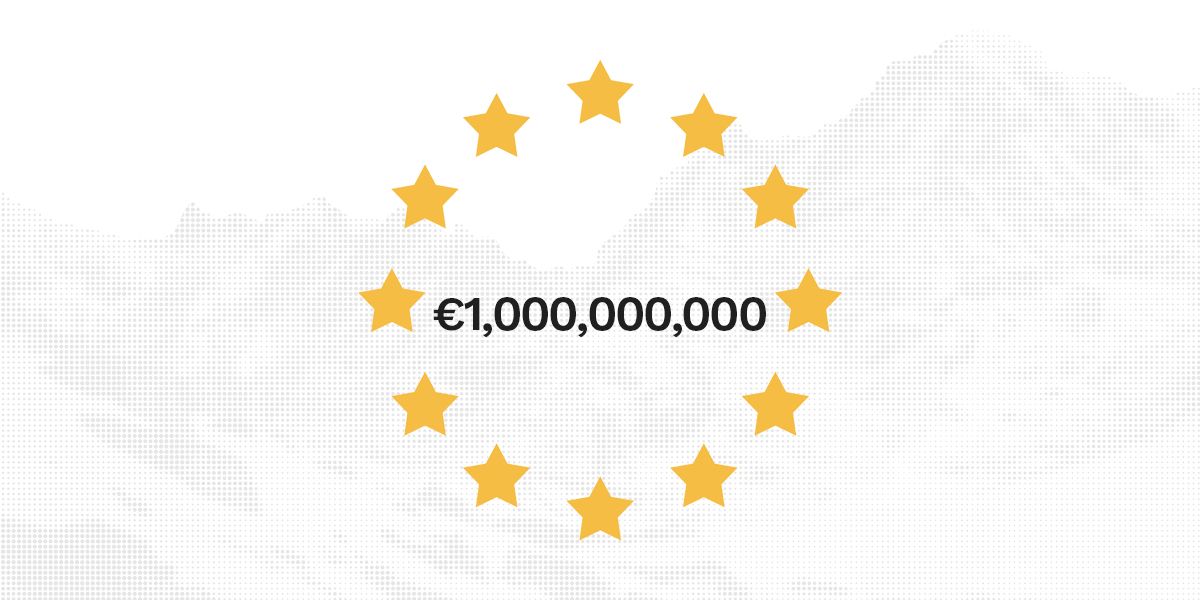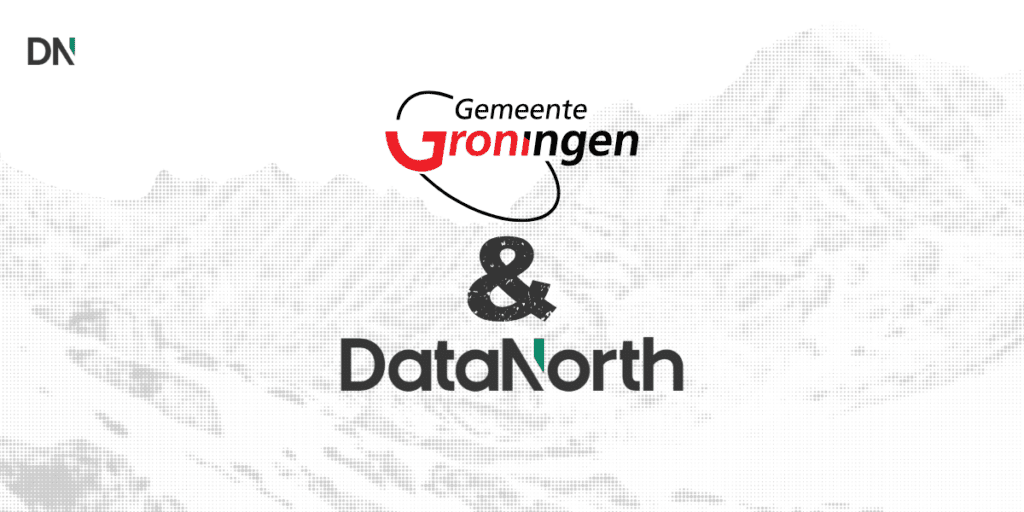On October 8, 2025, The European Commission announced its Apply AI Strategy. This marks a decisive shift toward an “AI first” approach for European businesses and public services. With around €1 billion mobilized from existing EU programs, the strategy aims to tackle a pressing problem: only 13.5% of European businesses and just 12.6% of small and medium-sized enterprises currently use AI technologies.
Why EU AI strategy matters now
Europe faces a critical challenge in the global AI race. Despite having a strong industrial base and vibrant startup ecosystem, European companies lag behind competitors in the U.S. and China when it comes to AI adoption. The Commission’s strategy represents an attempt to transform this landscape by making AI accessible, practical, and aligned with European values.
The stakes are high. AI is becoming as fundamental to modern economies as electricity or the internet, reshaping everything from healthcare diagnostics to manufacturing processes. European Commission President Ursula von der Leyen emphasized this shift, declaring “from now on, it’s AI first”.
Three core pillars
Sectoral initiatives for 11 key industries
The strategy targets specific industries where AI can deliver immediate, tangible benefits.
In healthcare, new AI-powered screening centers will improve early detection of cardiovascular diseases and cancer, particularly in underserved areas lacking specialists. The Commission will also launch drug discovery challenges focused on difficult-to-treat diseases like Alzheimer’s, with winners receiving dedicated access to supercomputing power.
For manufacturing, which employs 30 million Europeans and generates 14% of EU GDP, the strategy supports frontier AI models and digital twins that allow companies to simulate and optimize production before implementing changes in the real world. In mobility, an Autonomous Drive Ambition Cities initiative will accelerate self-driving vehicle deployment in European cities using European providers.
Other priority sectors include robotics, defense and space, electronic communications, energy, climate and environment, agri-food, cultural and creative industries, and the public sector. Each sector receives tailored solutions addressing specific adoption barriers.
Support for small and medium businesses
The strategy transforms over 250 European Digital Innovation Hubs into “Experience Centres for AI” covering more than 85% of EU regions. These local centers will provide SMEs with impartial advice on appropriate AI solutions, bridging the gap between supply and demand.
Many small businesses currently fear AI is too complicated or too expensive, with market offerings typically aimed at larger companies. The new centers address this by promoting a European AI Stack built on open source technologies and facilitating access to infrastructure, data management, and tailored training programs.
The Commission will also launch calls inviting European companies to share their AI models and systems with these hubs for wide-scale deployment across strategic sectors.
Governance and monitoring
Rather than creating new bureaucracy, the Commission will transform the existing AI Alliance into a coordination forum where businesses, researchers, and policymakers can collaborate. An AI Observatory will track AI’s impact across sectors, monitor labor market changes, and propose public and private investment targets.

What the EU AI Strategy means for businesses
Opportunities
European SMEs stand to benefit significantly from prioritized access to AI resources through the hub network. The strategy’s emphasis on European solutions means companies developing AI technologies may find new market opportunities, particularly as public sector organizations adopt a “buy European” approach.
Sector-specific benefits are substantial. Healthcare companies gain access to high-quality datasets through the European Health Data Space. Manufacturing firms can tap into frontier AI models specifically adapted to their needs. Energy companies will receive AI tools for improved grid management and renewable energy integration.
The Frontier AI Initiative brings together Europe’s leading industrial and academic actors with free access to EuroHPC supercomputers to develop open frontier AI models available to public authorities and businesses. This levels the playing field, giving European companies access to cutting-edge AI capabilities.
Workforce development receives major attention, with the AI Skills Academy providing sector-specific training programs. Current data shows 67% of European workers report AI helps them perform tasks faster, suggesting productivity gains for companies that invest in proper training.
Challenges
Regulatory complexity remains a concern. Companies must navigate both the AI Act requirements and new strategic initiatives simultaneously. The Commission acknowledges that uncertainty and lack of guidance pose the biggest obstacles to AI Act implementation, which could slow AI uptake.
Skills gaps present another hurdle. While training programs are promised, building AI literacy from early education through workplace reskilling takes time. Many SMEs lack the internal expertise to identify appropriate AI solutions or integrate them effectively into existing workflows.
Financial barriers persist despite funding support. The €1 billion comes from redirecting existing programs like Horizon Europe, Digital Europe Programme, EU4Health, and Creative Europe rather than new allocations. For individual SMEs, accessing these funds may require navigating complex application processes.
Implementation timelines remain uncertain. The Commission notes that a significant number of member states haven’t yet established responsible national authorities for AI Act implementation, which could jeopardize strategy execution. Market fragmentation across different national approaches may limit the creation of a truly unified European AI ecosystem.
Global context and economic stakes
The strategy emerges as Europe confronts intensifying global AI competition. The Commission’s document explicitly acknowledges that “external dependencies of the AI stack can be weaponized by state and non-state actors,” making European AI sovereignty crucial.
Recent developments including China’s AI breakthroughs and major U.S. investment announcements have heightened pressure on European policymakers. Reuters reported the strategy as the EU’s attempt to “keep up with US and China” in ramping up AI capabilities.
The economic potential is substantial. Healthcare-related AI patents in EU member states grew 20-fold between 2016 and 2024. Climate and environment AI startups have attracted around €700 million in venture capital since 2019. Market analysis suggests AI could contribute an estimated $20 trillion to the global economy by 2030, with Europe seeking to capture a significant portion.
The Commission positions the strategy as the beginning of a transformative journey that will be continuously updated through governance mechanisms, potentially expanding to additional sectors like finance, tourism, and e-commerce. The success will ultimately depend on effective implementation, stakeholder coordination, and the ability to maintain competitiveness while upholding ethical principles and regulatory standards that define Europe’s distinctive approach to artificial intelligence.






